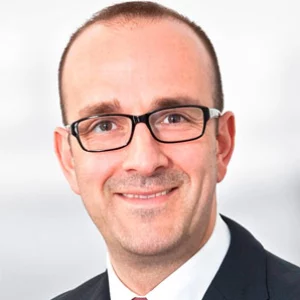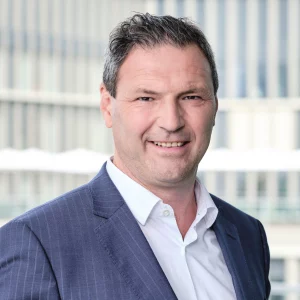This is an excerpt from The Comeback Kids: Lessons from Successful Turnarounds .
O ver the past 15 years, Australian airline Qantas faced major structural challenges. Low-cost carriers had expanded into its home market, including Tiger Airways and Virgin Australia (for domestic routes) and AirAsia X and Scoot (for international routes). To fight back, Qantas launched its own low-cost carrier, Jetstar. Five years later, Virgin Australia changed its strategy to move upmarket and target higher-yielding business travelers, which was Qantas’s core market. To defend its turf, Qantas launched scores of new routes and lowered fares. Around the same time, a rise in the Australian dollar attracted many international competitors, leading to double-digit capacity increases into and out of Australia. On top of the fierce domestic and international competition, increasing fuel prices culminated in the company’s first billion-dollar loss, in 2013.
In response, the company launched a bold turnaround effort, aimed at reducing costs by $2.1 billion and increasing revenue by 2017. Qantas shrank its workforce by about 15%. It also simplified its fleet by retiring some older aircraft ahead of schedule. In parallel, it simplified maintenance procedures, consolidated maintenance centers, and reduced operational costs in every department.
The company pivoted to winning in the medium term by shifting some routes away from slower-growth and low-margin markets such as Europe, where competition is fierce, to higher-growth markets in Asia. Qantas now has direct flights from Australia to 9 of the top 11 Asian corporate destinations. Qantas also signed a partnership agreement with Emirates, the UAE-based carrier, coordinating schedules for many flights and allowing passengers to access more than 40 destinations in Europe, North Africa, and the Middle East and share benefits such as rewards points and airport lounge access on either airline. This “gateway” strategy was also expanded to include direct flights to Dallas, American Airlines’ main hub, as well as partnerships with China Eastern and a smaller partnership with China Southern. The new approach to network development increased Qantas’s fleet utilization and allowed the company to generate more revenue from the same asset base. More recently, Qantas ordered eight Boeing 787 Dreamliners, a lighter and more efficient aircraft that will help replace the carrier’s aging fleet of 747s.
A new approach to network development increased Qantas's fleet utilization.
The company also invested in digital technology to improve the customer experience. Unlike many carriers—which now charge even for basic services—Qantas began offering fast, free Wi-Fi service on its flights. An innovative permanent baggage tag speeds the baggage check process at domestic airports. (The tags are linked to customers’ profiles and booked tickets, so people can simply drop their bag at a central hub.)
Another key measure was Qantas’s loyalty business, which has developed into the country’s leading affinity program. Corporate partners such as banks, retailers, and telecom companies purchase airline points to reward their own customers. The program lets Qantas book revenue years in advance of when people actually redeem their points, and it generates anonymized customer data that both the airline and corporate partners can use to improve marketing. Thanks to additional investments in a set of breakout ventures—including a travel money card and health insurance—the loyalty program has continued its strong profit growth trajectory while maintaining healthy margins (24% in 2016); profits are forecast to continue growing by 7% to 10% through 2022.
The loyalty program has continued its strong profit growth trajectory.
These measures to improve the customer experience dramatically boosted customer advocacy among Qantas passengers. The airline was recently voted the best business airline for domestic travel by TripAdvisor and several other travel sites, far ahead of Virgin Australia. Another survey found that it was the most trusted large company in Australia, and one that 96% of Australians cited as iconic for the country.
Since the transformation program launched in 2013, profits are up fivefold and margins have increased by 50%. All five of the company’s major business lines—domestic, international, Jetstar, freight, and the loyalty business—have shown improved profitability. Investors have noticed, leading to an increase in market cap of 235%. (See the exhibit.) Qantas CEO Alan Joyce described the company’s financial performance in 2015 as “the best results in the national carrier’s 95-year history…. And without transformation, the profit result would not have been possible.”
All five major business lines have improved their profitability. Investors have noticed.
In all, the company’s turnaround successfully reduced costs, streamlined the operational fleet, improved asset utilization, capitalized on data, improved the customer experience, and—most important—put one of Australia’s iconic brands back on a sustainably profitable flight path.















